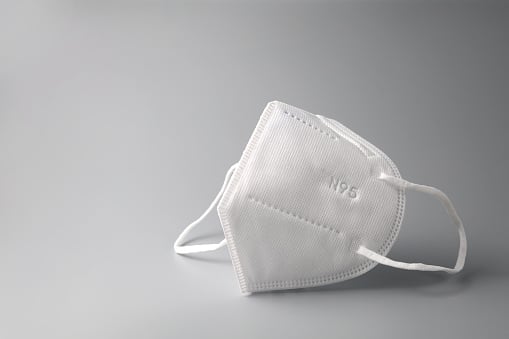The Essential Guide to N95 Face Masks
I. Introduction:
The Essential Guide to N95 Face Masks
In the midst of the ongoing COVID-19 pandemic, the importance of wearing face masks has become paramount. Among the various types of masks available, N95 face masks have gained significant attention due to their superior filtration capabilities. This comprehensive guide aims to provide readers with an understanding of N95 face masks, their features, usage, and benefits. Whether you are a healthcare professional, an essential worker, or an individual seeking maximum protection, this guide will equip you with the essential knowledge about N95 face masks.
II. What are N95 Face Masks?
N95 face masks are respiratory protective devices designed to achieve a close facial fit and efficient filtration of airborne particles. They are regulated by the National Institute for Occupational Safety and Health (NIOSH) in the United States. Unlike regular surgical masks or cloth masks, N95 masks are specifically designed to filter out at least 95% of airborne particles, including viruses and bacteria. These masks are made of multiple layers of non-woven synthetic materials and often feature a respirator valve for easier breathing.
III. Features and Standards of N95 Face Masks
N95 face masks come with several key features that make them highly effective in preventing the inhalation of hazardous particles. These masks are designed to fit tightly around the nose and mouth, minimizing leakage. They use electrostatically charged microfibers to capture microscopic particles, providing a high filtration efficiency. N95 masks also undergo rigorous testing and certification processes to meet specific standards, ensuring their quality and performance.
IV. Proper Usage and Fit Testing
To maximize the effectiveness of N95 face masks, proper usage and fit testing are crucial. This section will provide detailed instructions on how to wear an N95 mask correctly, ensuring a secure seal and optimal protection. Fit testing, which involves checking the mask's fit and seal on an individual's face, is essential to ensure that airborne particles do not bypass the mask's filtration system. Proper usage and fit testing are essential for healthcare workers, first responders, and individuals in high-risk environments.
V. Benefits and Limitations of N95 Face Masks
N95 face masks offer numerous benefits, making them a popular choice for those seeking high levels of protection. They provide superior filtration efficiency, reducing the risk of inhaling harmful particles. N95 masks are recommended for healthcare workers and other frontline personnel due to their ability to filter out viruses and bacteria effectively. However, it's important to acknowledge the limitations of N95 masks, such as their limited availability, discomfort during prolonged use, and the need for proper fit testing.
VI. Conclusion
In conclusion, N95 face masks are essential tools in the fight against COVID-19 and other respiratory diseases. Their high filtration efficiency and secure fit make them ideal for healthcare professionals and individuals in high-risk environments. This guide has provided an overview of N95 masks, including their features, usage, benefits, and limitations. By following the proper guidelines and understanding the importance of fit testing, individuals can ensure they are using N95 face masks effectively to protect themselves and others from airborne particles.
We welcome any questions or feedback you may have, so don't hesitate to get in touch with our knowledgeable team

